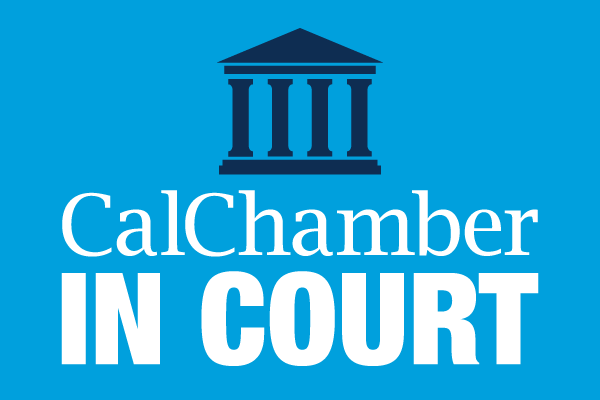 Earlier this month, the California Supreme Court decided a case that determines whether federal law preempts a California law enacted in 2019 that regulates when arbitration fees must be paid.
Earlier this month, the California Supreme Court decided a case that determines whether federal law preempts a California law enacted in 2019 that regulates when arbitration fees must be paid.
The California Chamber of Commerce joined other groups in filing a friend-of-the-court brief in the case of Hohenshelt v. Superior Court. The court ruling addresses whether the Federal Arbitration Act (FAA) preempts Senate Bill 707.
Since SB 707 was enacted in 2019, all but one of the 12 appellate courts had interpreted the law as imposing an inflexible mandate requiring arbitration agreements to be waived whenever a business failed to pay its arbitration fees on time, regardless of the reason for or length of the delay.
The California Supreme Court, however, rejected the inflexible interpretation. Instead, in a 5-2 decision, the state high court said the law should be interpreted to result in an automatic waiver of arbitration only when “nonperformance is willful, grossly negligent, or fraudulent.”
That narrower interpretation, the court majority said, is not preempted by the FAA.
In a blog post, attorneys from Mayer Brown LLP who filed the friend-of-the-court brief, list a number of important considerations for businesses as a result of the Supreme Court’s Hohenshelt ruling:
- Choosing FAA procedures instead of California arbitration law may be a way to work around SB 707 in contracts.
- The court expressly endorsed arbitration agreements that allow for extended payment schedules.
- When the state law applies, courts must consider on a case-by-case basis whether to apply the penalties of the state law, rather than automatically invalidating arbitration agreements.
- Timely payment remains the safer course considering uncertainties over how lower courts will apply SB 707 going forward.
- Businesses can continue to argue in federal court that the FAA preempts SB 707.
Given the disagreements among the courts, there is likely to be more litigation about whether untimely payment of arbitration fees will result in a party losing the right to arbitrate or having to pay penalties for a delayed payment.

